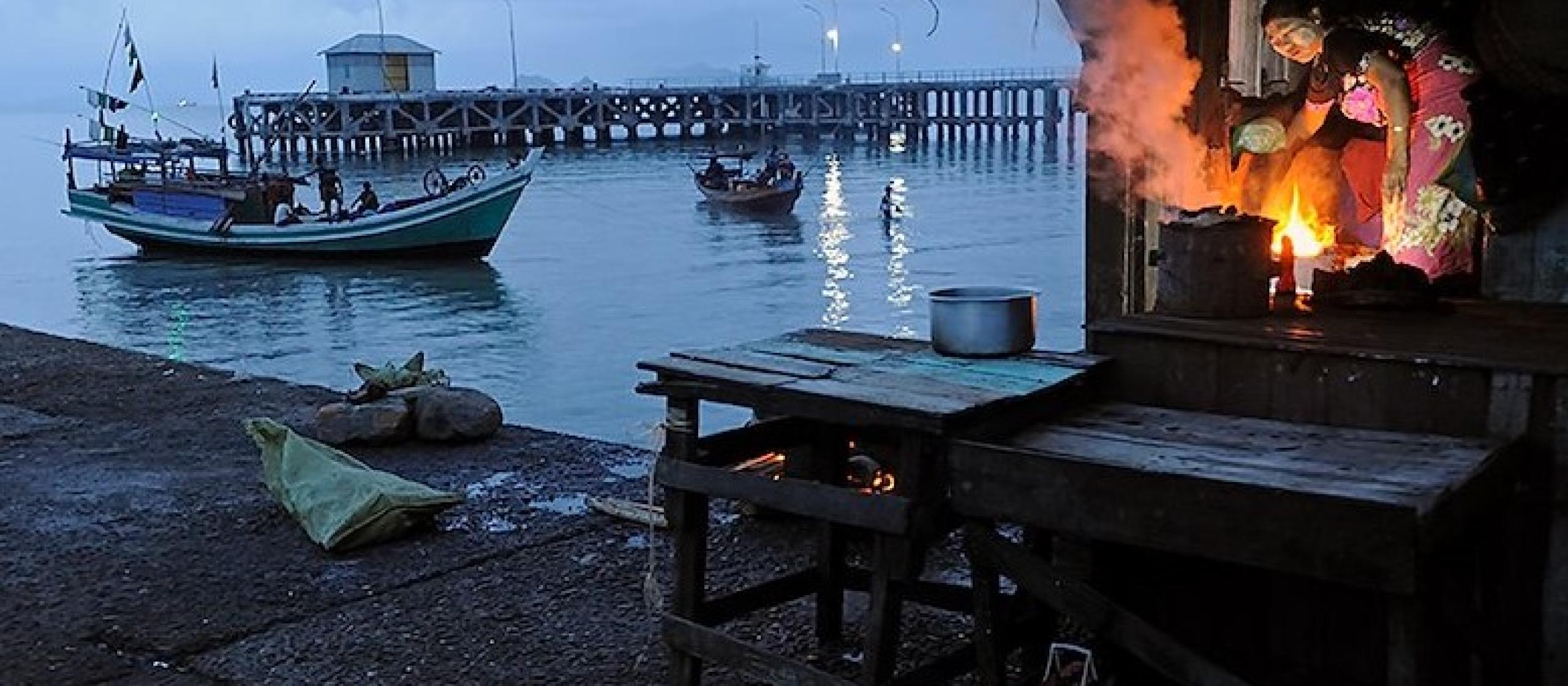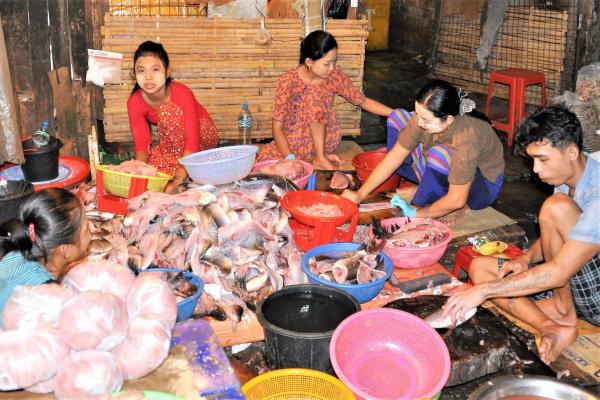- HomeHome
-
About ACIAR
- Our work
- Our people
-
Corporate information
- ACIAR Audit Committee
- Commission for International Agricultural Research
- Policy Advisory Council
- Agency reviews
- Executive remuneration disclosure
- Freedom of information (FOI)
- Gifts and benefits register
- Information publication scheme
- List of new agency files
- Contracts
- Legal services expenditure
- Privacy impact assessment register
- Commonwealth Child Safe Framework
- Benefits to Australia
- Careers
- 40 years of ACIAR
-
What we do
- Programs
- Cross-cutting areas
- Resources
- Where we work
-
Funding
- Research projects
- Fellowships
-
Scholarships
- John Allwright FellowshipScholarships to study in Australia for ACIAR partner country scientists to have Australian postgraduate qualifications
- ACIAR Pacific Agriculture Scholarships and Support and Climate Resilience Program
- Alumni Research Support Facility
- Publications
- News and Outreach
Date released
21 June 2018
Fisheries are the fourth most important source of export earnings for Myanmar, with 5.3 million tonnes produced in 2014–15 and exports over 330,000 tonnes, mainly to China. Myanmar’s population of 52 million is dependent on coastal fisheries, which are second only to rice in being important to diet and represent 8% of the country’s gross domestic product. The Myanmar fisheries sector is clearly vital for national food security, income generation and export earnings.
Fisheries is one natural resource that particularly requires overarching frameworks and policies. Reductions in fish stocks, damage to critical habitats, environmental pollution, disasters and civil unrest are considerable threats to the sustainability of this industry.
With the reform of Myanmar’s rural sector following election of a civilian government in 2011, ACIAR funded research into the country’s fisheries in the guise of two MYFish projects, the first significant intervention to allocate research funding directly to Myanmar’s Department of Fisheries.
The MYFish 1 project aimed to improve the capacity of inland aquaculture and coastal fisheries for sustainable management. The project aimed to understand the fisheries sector in the Ayeyarwady Delta, which contains 90% of thriving inland fish ponds, and apply lessons to the Central Dry Zone (CDZ), which lacks inland fisheries.
INCREASED PRODUCTION
Scoping surveys of fisheries, value chains and markets in the Ayeyarwady Delta considered 180 fishery leases in 17 towns, involving over 1,000 households. Small-scale aquaculture pilot studies were conducted in 329 households for a number of fish and crustacean species using six fishery production systems in both regions. The results of the research and subsequent recommendations led to a 40% increase in net fish production and increased incomes by up to 50% in some areas.
Using results from these successful pilot studies, additional funding obtained by WorldFish and the Department of Fisheries is expected to deliver training in small-scale aquaculture methods to 15,000 rural households, benefiting 60,000 people by 2019.
FISHERIES POLICY FRAMEWORK
The project also aimed to strengthen partnerships between the Department of Fisheries and Myanmar’s fishing communities, identifying five priority areas for stock recovery to more sustainable levels. Underlying policy support are some of ACIAR’s key development principles—working through partnerships, promoting co-management and striving for greater gender equality. This work with Myanmar’s government continues to address overharvesting, maintaining awareness at regional and national policy levels of the importance of coastal fisheries.
The project has led to further research to maximise sustainable small-scale fisheries production in the Ayeyarwady Delta and Central Dry Zone of Myanmar (MYFish 2 project).




